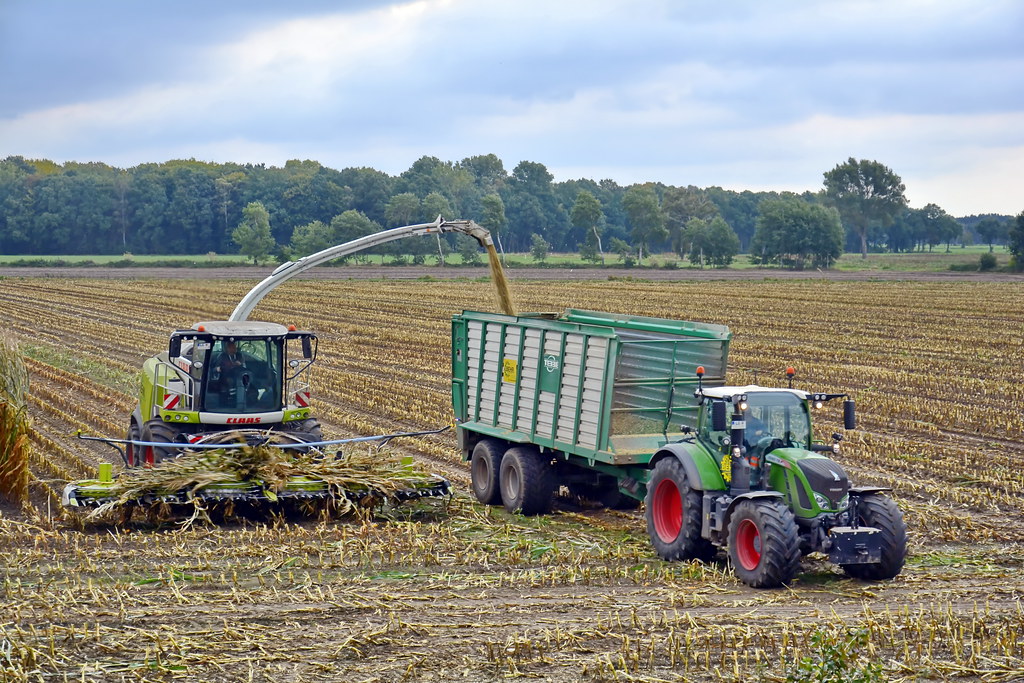Small dogs may be pint-sized, but they have big nutritional needs. As a pet owner, it’s important to choose the right diet for your furry friend to ensure they receive the proper nutrients to maintain their health and vitality. With so many options available, it can be overwhelming to decide which food is best for your small breed dog. In this article, we’ll explore the key factors to consider when selecting the perfect diet for your furry companion. So, let’s dive in and discover how to keep your small breed dog healthy and happy!
1. “Size Doesn’t Matter: Why Small Breeds Need Big Nutrition”
Small dog breeds may be pint-sized, but they have big nutritional needs. Just because they are small doesn’t mean they can get by with any old dog food. In fact, small breeds require a higher calorie intake per pound of body weight than larger breeds. This is because they have a faster metabolism and burn through calories more quickly.
Additionally, small breeds have smaller stomachs, which means they need to eat more frequently throughout the day to maintain their energy levels. It’s important to choose a high-quality dog food that is specifically formulated for small breeds. Look for a food that is high in protein, healthy fats, and essential vitamins and minerals. And don’t forget to pay attention to portion sizes – just because your dog is small doesn’t mean they should be overfed!
- Protein: Look for a dog food that has a high protein content, ideally around 25-30%. This will help support your dog’s muscle development and keep them feeling full and satisfied.
- Fats: Healthy fats, such as omega-3 and omega-6 fatty acids, are important for small breeds’ skin and coat health. Look for a dog food that contains around 15-20% fat.
- Vitamins and minerals: Small breeds need a balanced diet that includes essential vitamins and minerals, such as calcium, phosphorus, and vitamin D. Look for a dog food that contains these nutrients in appropriate amounts.
Remember, just because your dog is small doesn’t mean they don’t have big nutritional needs. By choosing a high-quality dog food that is specifically formulated for small breeds, you can help ensure that your furry friend stays healthy and happy for years to come.
2. “Finding the Right Balance: Tips for Picking the Perfect Diet for Your Small Breed”
When it comes to picking the perfect diet for your small breed, it’s essential to find the right balance. Here are some tips to help you make the best decision for your furry friend:
– Consult with your veterinarian: Your vet can provide valuable insight into your dog’s nutritional needs and help you choose a diet that meets those needs. They can also advise you on any health conditions or allergies your dog may have that could impact their diet.
– Consider your dog’s age and activity level: Puppies, adult dogs, and senior dogs all have different nutritional requirements. Additionally, a highly active dog will need more calories than a couch potato. Make sure you choose a diet that is appropriate for your dog’s age and activity level.
– Look for high-quality ingredients: The quality of the ingredients in your dog’s food can make a big difference in their overall health. Look for diets that use high-quality proteins, whole grains, and healthy fats. Avoid diets that contain fillers, artificial preservatives, or by-products.
– Pay attention to portion sizes: Even the healthiest diet can be harmful if your dog is overeating. Make sure you follow the feeding guidelines on the package and adjust as needed based on your dog’s weight and activity level.
By following these tips, you can help ensure that your small breed dog is getting the nutrition they need to thrive. Remember to always consult with your veterinarian before making any changes to your dog’s diet.
3. “Small But Mighty: The Importance of Proper Nutrition for Your Petite Pup
Petite pups may be small in size, but they have big nutritional needs. Proper nutrition is essential for maintaining their health and wellbeing. Here are some tips to ensure your petite pup is getting the nutrients they need to thrive.
Firstly, choose a high-quality dog food that is specifically formulated for small breeds. Look for a food that contains a balanced blend of protein, fat, and carbohydrates. Protein is especially important for small dogs as it helps to maintain muscle mass and support their metabolism. Additionally, make sure the food contains essential vitamins and minerals such as calcium, phosphorus, and vitamin D to support bone health.
Secondly, pay attention to portion sizes. Small dogs have smaller stomachs, so they require less food than larger breeds. Overfeeding can lead to obesity, which can cause a range of health problems. Use a measuring cup to ensure you are feeding the appropriate amount for your dog’s size and activity level. Finally, consider supplementing your dog’s diet with healthy treats such as carrots or blueberries. These treats are low in calories and provide additional nutrients that your dog may not be getting from their regular food.
In conclusion, proper nutrition is crucial for the health and wellbeing of your petite pup. By choosing a high-quality dog food, monitoring portion sizes, and supplementing with healthy treats, you can ensure your furry friend is getting the nutrients they need to live a long and healthy life. In conclusion, choosing the right diet for your small breed dog is crucial for their overall health and well-being. With so many options available, it can be overwhelming to decide which one is the best fit. However, by considering your dog’s individual needs and consulting with your veterinarian, you can find the perfect diet that will provide them with the necessary nutrition to thrive. Remember, a small breed dog may be small in size, but their nutritional needs are just as big as any other dog. So, take the time to research and choose wisely, and your furry friend will thank you for it with a happy and healthy life.

